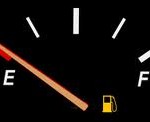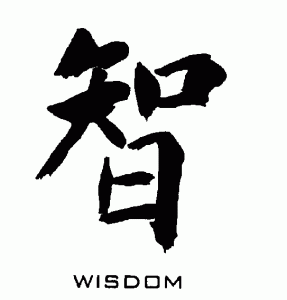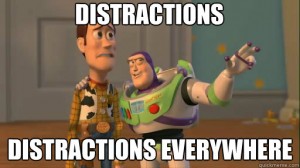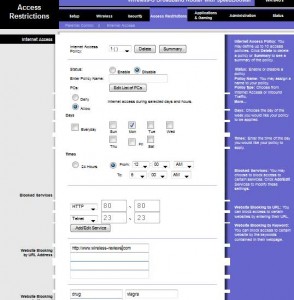When to “tell, not show”
Most writers know the maxim “Show, don’t tell.” And, like many such catchphrases, there’s a good reason for it. Narration informing a reader that two characters are best of friends isn’t going to be as effective as a scene that illustrates their friendship. Multiple pages of description can be dull to read if the description has nothing to do with the ongoing action. Few people enjoy being preached at by the author through the medium of the book.
Sometimes I wonder if I’m the only writer who’s been bitten by this rule.
The fact is that I’ve discovered there are some times when telling is more appropriate than showing. There are some times when too much show makes for long, rambling, wordy novels that range far away from the main plot. These are times when entire chapters are devoted to showing a single thought, idea, or plot point that could be conveyed in a paragraph, or sentence, of tell. The main storyline gets lost amongst all the digressions that show, show, show everything.
I think of my first serious novel attempt, where I made certain to show the reader who my characters were and what events had shaped them as people. 80,000 words in, I was ready to start Chapter One. That’s when I stopped working on the book. Not just because I’d planed a 120K novel, not a 200K one, but because the 80K words had little to do with the story I actually wanted to tell. They were just the foundation.
I once read a novel draft in which the writer was preoccupied with character location; any characters separated from the main group got individual scenes showing where they were. Sometimes this information was relevant (under attack by an enemy) ; too often it was not (shopping for groceries, going to the coffee shop). This novel has since been edited with some tells-if the writer was certain that readers would wonder why a character wasn’t with the group, another character saying “Joe’s at the grocery store” took the place of a wholly unnecessary scene.
Another pitfall of showing is too many flashback scenes. Flashbacks need to be handled carefully so the story doesn’t come across as fragmented. I don’t want to pepper my novel with flashback scenes of my character at age eight…at sixteen…at twenty-one…at twenty-five…particularly not when a paragraph of tell can take the place of an entire flashback scene’s worth of show. Unless the flashback scene is necessary to the story, I want to look for other ways to convey what happened in my character’s past that shaped them into the person they are at the time of the story.
Show, don’t tell is a good maxim for writers who want to develop their characters, draw readers into their world, and allow their readers to draw their own conclusions from their characters’ actions. But for those of us writers who tend towards the wordy, the overwrought, and the irrelevant, a plot can be tightened up considerably by some judicious usage of tell.







